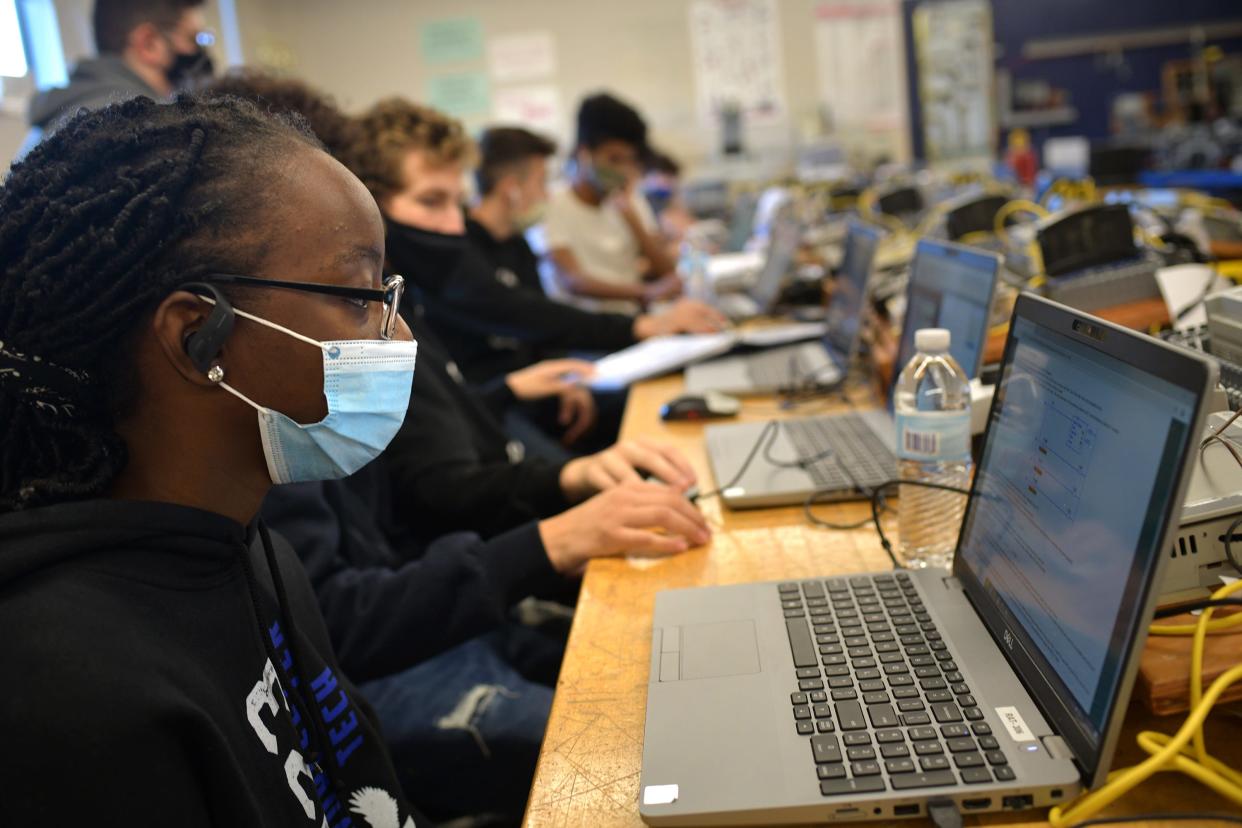Tom Del Prete: Letter to the next superintendent for our Worcester Public Schools

Worcester is at a moment ripe with promise and possibility for education. It has been challenging to navigate and emerge from the pandemic world, with its disruption of educational continuity, its exposure of inequities in student resources and access, and its toll on our individual and collective well-being.
But as part of that journey we also have seen our strong community will and spirit. We have learned more about what we need, but also about what we can do. We are ready to renew all that has been good while fulfilling a greater vision of who we are and who we can be.
As the Worcester Education Equity Roundtable, we have a wide-angle vision of education. We comprise a cross-section of community-based and community-minded organizations who work closely with children, youth, families and youth workers, including teachers in schools.
We span the early childhood through college spectrum. We share a deep commitment to equity in education — in opportunity, in quality, in outcomes. We share also a recognition that the next Worcester superintendent will play a central role in determining how well Worcester realizes its potential as an educational community in which all children and youth thrive, aspire, and attain. Reflecting our hopes and vision, below are core questions for prospective candidates.
How would you ensure that we become more what we are? Worcester is a richly diverse multicultural and multilingual community. Indeed, the world is very much here. Nowhere is this more apparent than in the schools, where as many as 90 languages and dialects are spoken. English learners make up more than 30% of the student population; half are Spanish-speaking, with Portuguese and Twi a distant second and third.
The diversity of students is a strength in numerous ways, not least in the ways that students can learn from each other and help all of us better understand and live what it means to be an inclusive multicultural society. Yet there are disparities in educational attainment within our diversity that we need to continue to address. And there is a stark demographic contrast between students and teachers, only 16% of whom are people of color.
Changing these patterns will benefit all students, not simply some, and benefit our community as a whole, ensuring a more diverse workforce and healthy civic life. But changing them will require concerted and collaborative effort, and a vigilant commitment to equitable and culturally responsive practices within and across schools and community.
Becoming more who we are means valuing, centering, and celebrating our diversity — recognizing multilingualism as one of our superpowers, diversifying our educators, and strengthening family and community ties.
How would you help make education a truly community endeavor? How would you help us become the transformational educational community that we can and need to be? In Worcester, as elsewhere, schools have been fairly closed and self-protective.
To be sure, there has been openness to contribution and coordinated effort — but more on an individual school rather than systemic level, and more on a transactional rather than collaborative basis. Some separation is understandable, based on a host of factors. But systemic insularity overlooks the ecology of education on which our present and future depend.
It inhibits the trust-building, communication, cross-fertilization, cross-sector action, and synergy-building that will strengthen and sustain the ecology — that will ensure that every child, youth, and family is affirmed and grows in a seamless environment of equitable opportunity and support. How would you work with us to create this environment?
What role can youth play? To activate the strength of our diversity means to us, in part, to activate youth voice, agency, and power as well. Opportunities we provide youth to inquire, to investigate, to propose and design, to try out, and to lead will redound to their education and to our community vitality. How would you work with us to bring youth, curriculum, our diverse cultures, and community more closely together?
How can we all share in the accountability process? Education is awash in data, but data are not always available; still less are they publicly unpacked. Absent access to data and a common understanding of what they mean, we lack a critical tool in understanding how to chart a course to greater equity, in understanding how to target strategically our joint efforts. We diminish accountability and potential progress.
How would community, data, and accountability come together under your leadership?
We have every reason to hope for education in Worcester, especially with leadership focusing on these questions with us.
Tom Del Prete on behalf of the Worcester Education Equity Roundtable.
This article originally appeared on Telegram & Gazette: Letter to the next superintendent for our Worcester Public Schools

